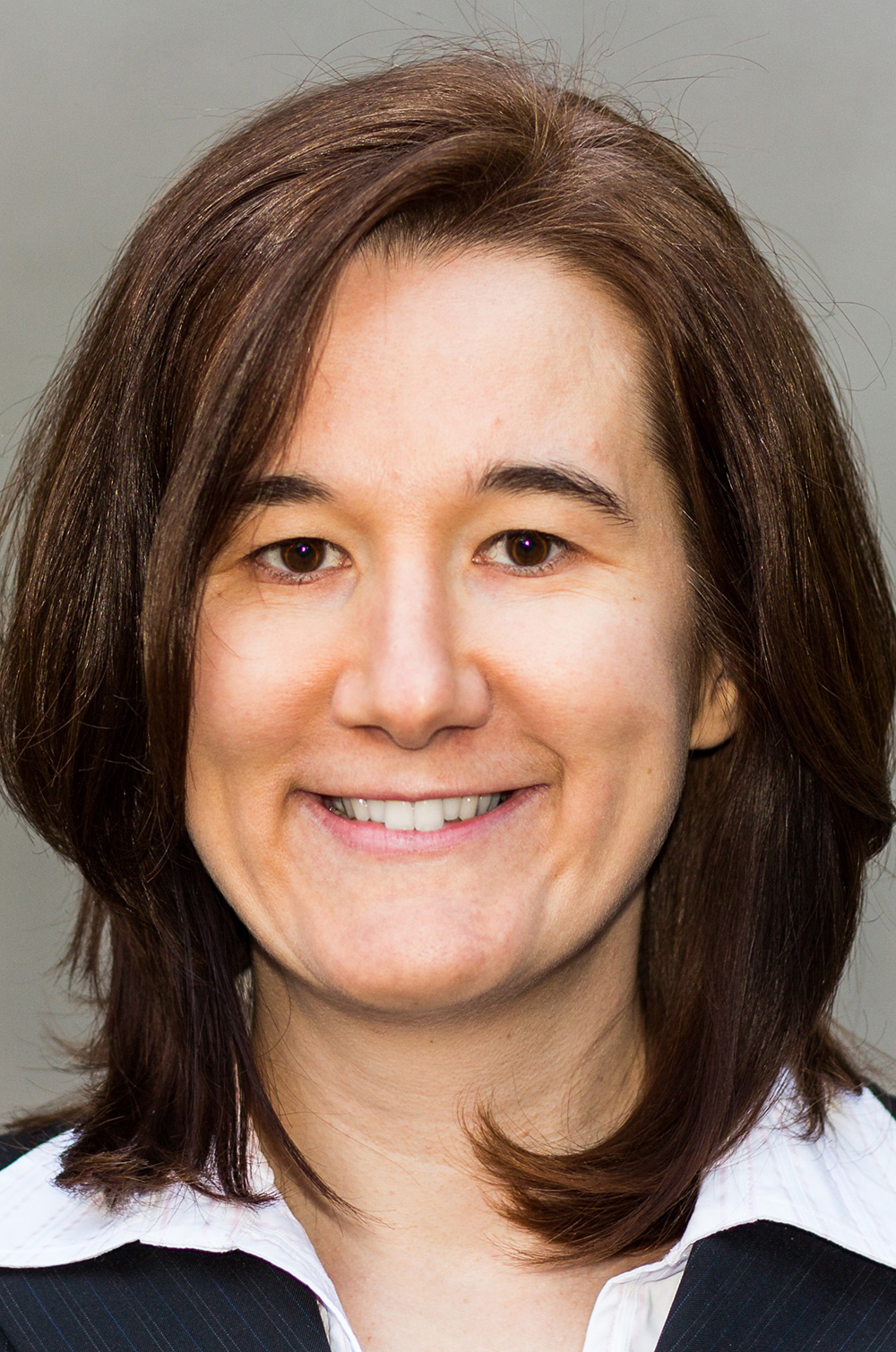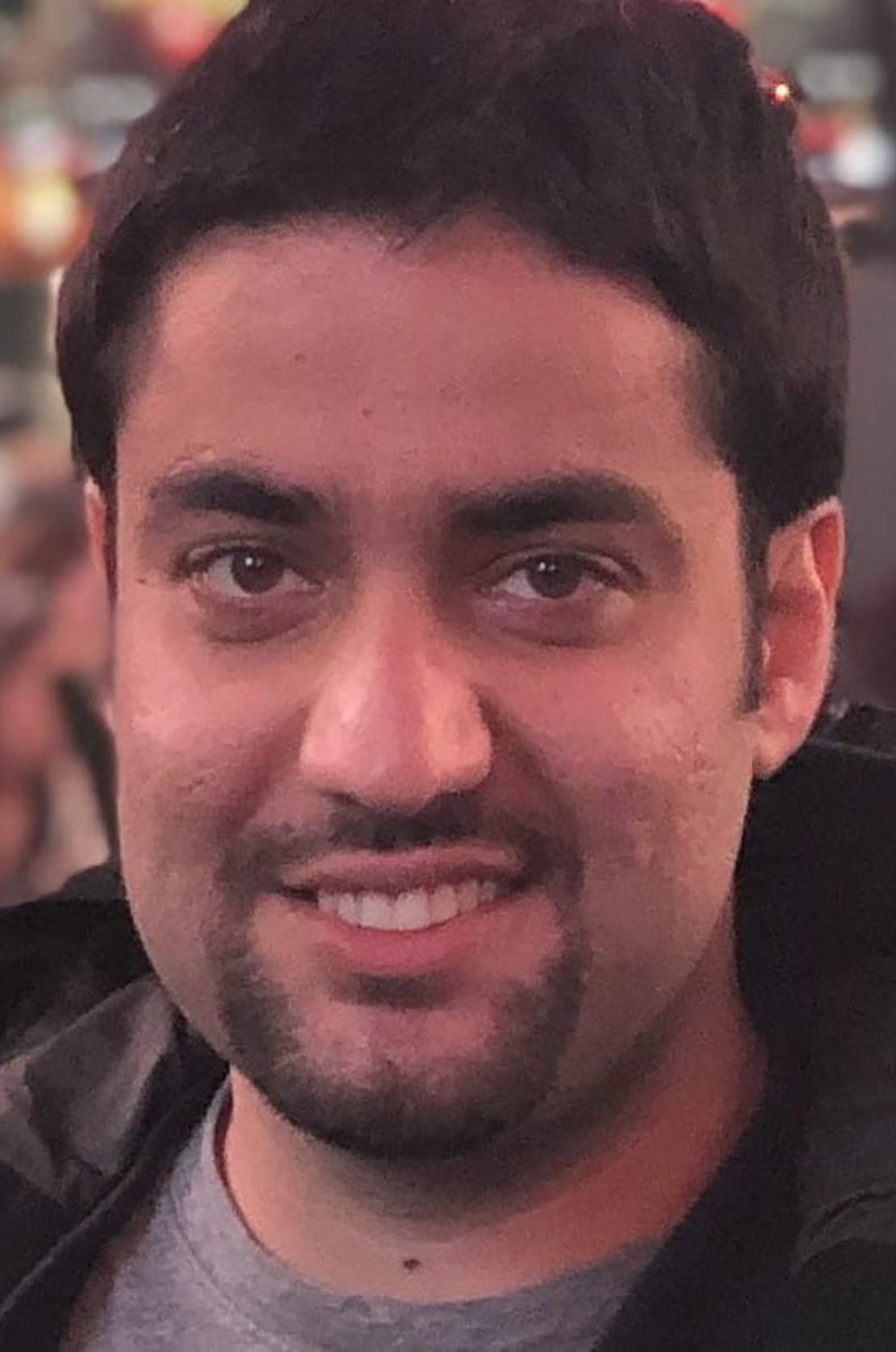Svjetlana Miocinovic, MD, PhD

Lead Scientist, Project 4: Cortical Electrophysiology of Response Inhibition and Implications for DBS Therapy in Parkinson’s Disease Patients
Svjetlana Miocinovic is a board-certified neurologist specializing in Parkinsons disease, dystonia, tremor and other movement disorders. She graduated from medical school in 2009 at Case Western Reserve University (Cleveland, Ohio) where she also obtained a PhD in biomedical engineering. She completed neurology residency and clinical movement disorders fellowship at University of Texas Southwestern Medical Center (Dallas, Texas). Her post-doctoral training and clinical research fellowship was at the University of California San Francisco Movement Disorder and Neuromodulation Center. She was awarded American Brain Foundation and Dystonia Medical Research Foundation grants to study electrophysiology of movement disorders and the effects of deep brain stimulation (DBS) on the basal ganglia and cortical circuitry. In 2016, she moved to Emory to become an Assistant Professor in the Department of Neurology, Movement Disorders Section. She received NIH K23 grant to study targeted activation of neural pathways during DBS in Parkinsons disease. The research focus of her laboratory is on electrophysiology of human motor circuits, and development of new device-based therapies. Her clinical focus is on delivering expert patient care and using DBS to treat movement disorders. Visit Dr. Miocinovic's laboratory website.
Lab Members

Roohollah J. Deligani, PhD
Roohollah (Roohy) Deligani is a postdoctoral fellow researcher working in Dr. Miocinovic’s laboratory (NIH-funded human electrophysiology laboratory). He obtained his PhD degree from the department of Electrical, Computer and Biomedical Engineering at the University of Rhode Island in 2021. His main research focus is using neuroelectric to explore and modify deep brain stimulation (DBS) to treat movement disorders. He is currently working with Emory's Udall Parkinson's Disease Research Center of Excellence, where his research interests include electrophysiology of human motor and non-motor circuits and development of new device-based therapies.

